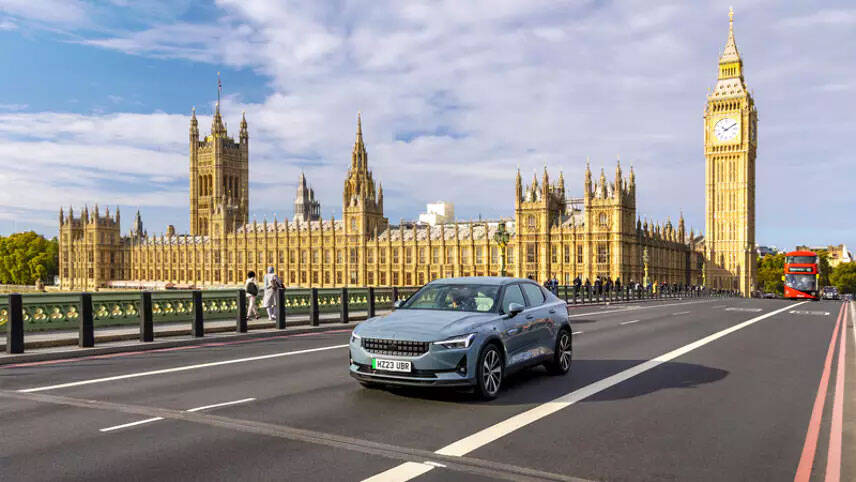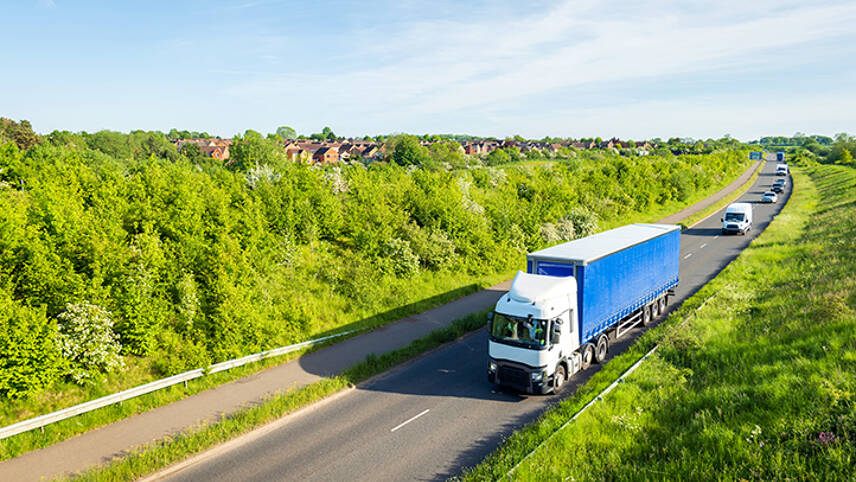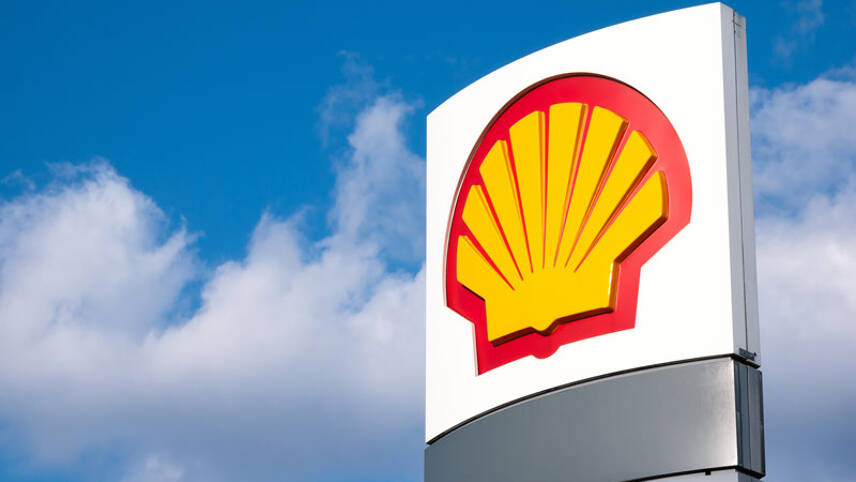WOBO appreciates the variety of news made available by edie.

Decline in critical mineral prices risks stalling clean energy transition, IEA warns
New research has found that while the decrease in prices for key minerals essential for clean energy technologies has provided temporary relief for consumers, it has also hindered the incentive for new investments, potentially resulting in supply chain shortages and impeding the clean energy transition.

£3bn pumped hydro storage project slated for Loch Ness
Glen Earrach Energy (GEE) has today (17 May) unveiled plans to develop a £3bn, 2GW pumped hydro storage project, located near Loch Ness in Scotland, that could generate enough clean energy to power one million homes each year.
GEE is aiming to build the UK’s most efficient pumped storage hydro project. Located at the Balmacaan Estate near Loch Ness, the £2-3bn project is expected to deliver up to 30 gigawatt-hours of clean energy. The project will also create at least 600 onsite jobs over a six-year construction period, as well as boosting the local supply chain.
GEE’s project is estimated to reduce the carbon footprint of the energy grid by 10% and save £2bn in electricity grid running costs.

Uber spurs London drivers to go electric with free charging and grant funding packages
Uber is launching a new incentive package for London-based drivers making the switch to electric vehicles (EVs), including a £5,000 grant for each person up to a total of £145m.
Drivers can use the £5,000 as a lump sum to purchase a new or used EV, or the cash can be put towards a rental or rent-to-buy scheme.
The grant is being funded through Uber’s Clean Air Plan. Launched in 2019, the initiative charged riders using petrol or diesel vehicles within the M25 a small fee, with proceeds ring-fenced.
The grant is available to drivers on top of the discounts already available to drivers through the PartnerPoint platform, whereby they can access up to £17,000 off of selected hybrid and pure-electric vehicles including several Kia models.

Zero emission HGV market share rises amid first registration drop in two years
New research from the Society of Motor Manufacturers and Traders (SMMT) has revealed that while the registrations for new heavy good vehicles (HGVs) in the UK fell for the first time in two years, the uptake of zero-emission vehicles (ZEVs) significantly grew.
According to the latest figures from the SMMT, the amount of new HGV registrations witnessed a 3.9% decline in the first quarter of 2024, compared to same period last year. However, the uptake of ZEVs was significant.
Battery-electric HGV registrations were up more than 56% year-on-year.
This meant that ZEVs reached 0.5% of the HGV market share, up from 0.3% in the same quarter last year.
This increase is still low in comparison with the ZEV uptake in the car and van markets.

Shell rapped at AGM for weakening climate strategy
Almost one-fifth of Shell’s shareholders called on the firm to set stronger emissions reduction targets at its AGM in London this week, which was interrupted by protestors accusing the business of greenwashing.
The AGM took place on Tuesday (21 May). Attendees told members of the press that many attendees raised concerns about Shell’s strategy for shifting its energy production mix and reducing emissions.
The firm’s chief executive Wael Sawan last summer scrapped a target to decrease fossil fuel production by 55% through to 2030, partly in light of the increased profitability of oil and gas amid the energy price crisis.
Subsequently, Shell scaled back its renewable energy pipeline by around 10%. Sawan spoke of a wish to take a “much more selective approach” to renewables investment to cut costs.

Rolls-Royce unveils multi-million-pound Sheffield facility to develop next-gen nuclear
Rolls-Royce has announced plan to advance the development of its small modular nuclear reactors (SMRs) with the establishment of a new multi-million-pound facility in Sheffield.
The new facility, located within the University of Sheffield’s Advanced Manufacturing Research Centre’s Factory 2050 facilities, will manufacture and test prototype modules for Rolls-Royce SMR power plants.
The initial phase of the project, valued at £2.7m, is part of a wider £15m investment aimed at mitigating risks and supporting the Rolls-Royce SMR programme.
Rolls-Royce stated in 2020 that its ambition is to bring 16 of the SMRs online across the UK by 2025. It touts a 60-year lifespan for each reactor and claims each one is capable of powering more than one million homes.

New campaign launched to enhance credibility of corporate biodiversity strategies
Pharmaceutical giant GSK and luxury fashion giant Kering are among the first businesses to have their nature strategies deemed robust by the Business for Nature coalition.
Business for Nature has today (22 May) launched a new platform to support businesses and financial institutions in developing credible nature strategies, with ambitious targets and water-tight plans to achieve them without greenwashing.
Forming part of the ‘It’s Now For Nature’ campaign, the platform will feature businesses whose strategies align with the principles set out in Business for Nature’s Nature Strategy Handbook.
